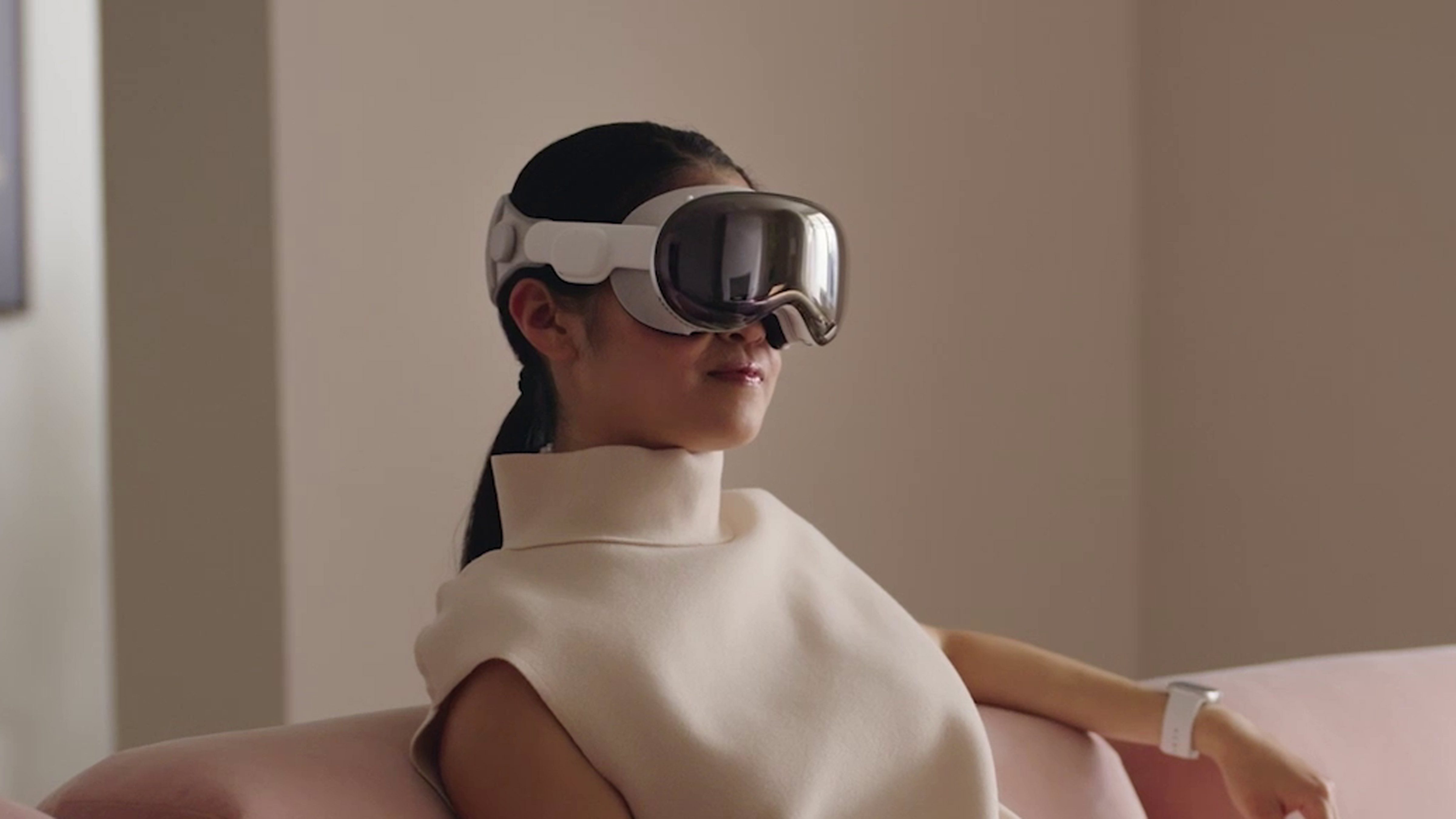According to a Bloomberg report, Apple has shuttered an AR glasses project aimed at mainstream consumers.
Originally planned for release in 2027, the device, codenamed N107, was a Mac-connected pair of AR glasses which the company was positioning as a more accessible alternative to the $3,500 Vision Pro mixed reality headset.
The report, citing internal sources, maintains Apple initially planned for N107 to pair with iPhone, however processing power and battery life was a major factor, prompting the company to instead pivot the device to work primarily with Mac, owing to its faster processing power and larger batteries.

Still, the Mac-connected version of the device allegedly underperformed during executive reviews. In the end, it’s said that performance issues, shifting design goals, and expected price led to its cancellation.
Despite shuttering the project, which is likened to Meta’s Orion AR glasses prototype in function, the company isn’t giving up on its AR ambitions altogether, as underlying technologies are expected to make their way into other projects in the future, such as its custom microLED displays.
This comes as competitors are gearing up their own XR projects targeted at consumers, including Google’s Android XR platform for MR headsets and AR glasses, and Meta’s ongoing research into AR, which is said to culminate in a pair of AR glasses slated to launch before 2030—based on technology developed for Orion.
Notably, Orion offloads processing and battery to a wireless, pocketable unit, allowing the internal prototype to maintain its glasses-like form factor. Whether that remains the case in a pair of consumer AR glasses from Meta remains to be seen, as it undoubtedly increases overall costs—something Apple likely wanted to shave as it was ostensibly hoping to rely on devices consumers already owned.







